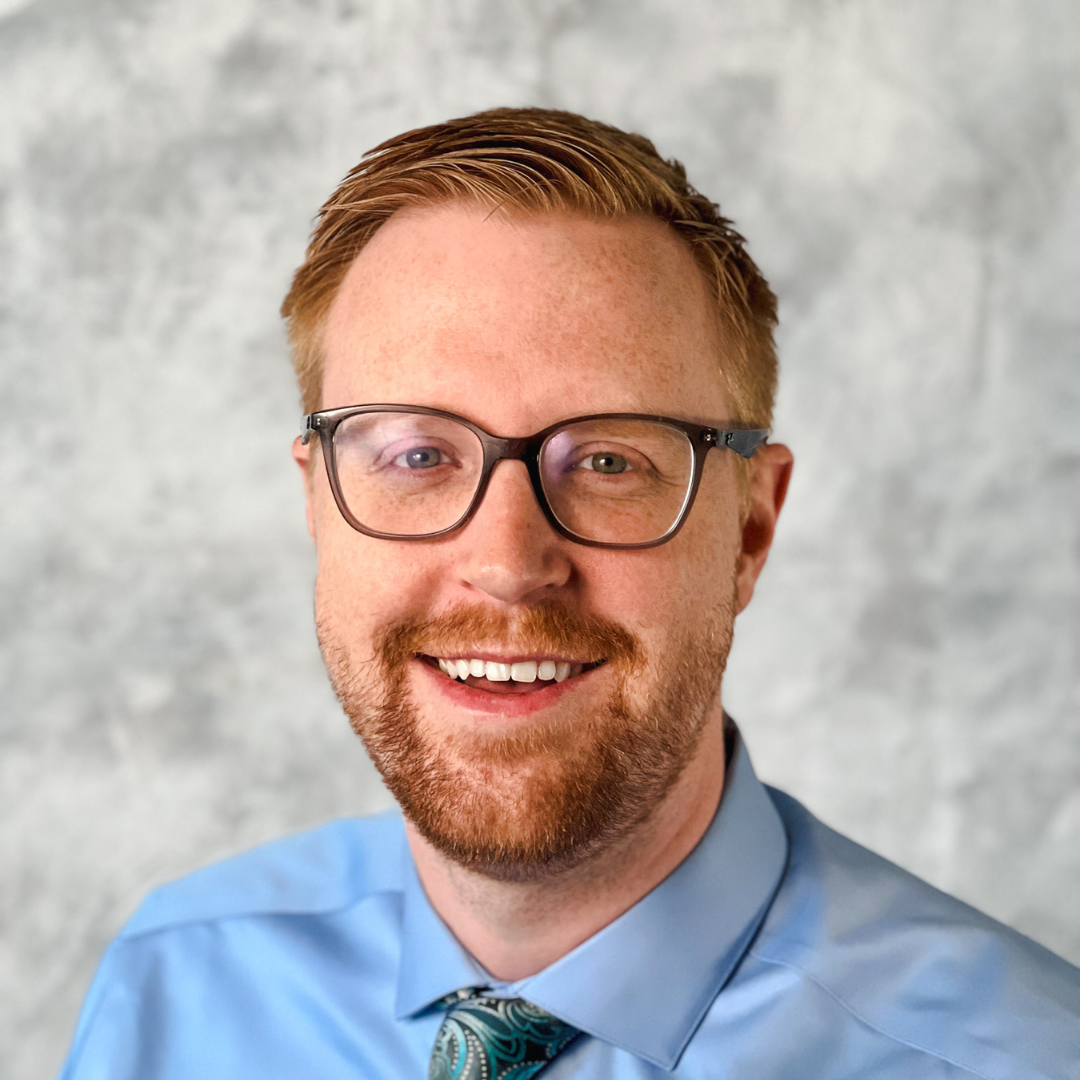Church Anew Blog
Get Updates in Your Inbox
Want to stay up-to-date with the Church Anew Blog? Sign up for our weekly blog round-up.
Psalm 88 and the God Who Meets Us in the Dark
Psalm 88 ends with a sentence no one has ever cross-stitched onto a pillow: “Darkness is my closest friend.” And yet… the ancient community kept this psalm. They copied it. Prayed it. Sang it. Preserved it as Scripture. Why?
The Power of Yes – A Q&A with Shawna Berg, At-Home Activities Creator
Yes is the heartbeat of the incarnation story. Mary’s yes allows God’s promise to take flesh, Joseph’s yes protects and provides for their family, the shepherds’ yes leads them to the manger, and the magi’s yes draws them out in search of the divine mystery. There are so many points in this story where someone, or a group of someones, give a very significant yes.
St. Mary Magdalene
The Feast of St. Mary Magdalene – July 22 –
Has long been on my calendar
Because
She has long been
A prophetic
Source of
Inspiration,
Wisdom,
Solace,
And yes Courage.
On Futures, George Floyd, and Resilience
We imagined a future of the world in 2070. Positive and negative. We imagined a future of spirituality in the world in 2070. Positive and negative. We imagined what we would want for spirituality and church in that year.
Don’t Eat of the Bitter Fruit
…I saw bitter fruit in all its forms of pain and hurt. How contempt for those unable to pull themselves up by their bootstraps leads to making decisions based on interpretations of efficiency rather than care.
Practice for the Times We Really Need It
I love the liturgy.
I recent years and months,
I have forgotten just how much I love the liturgy.
Fundraising vs. Manipulation in 2025
As a lay theologian who works at the intersection of money, God, and institutions, I am often asked what is the difference between fundraising, as an element of stewardship, and manipulation.
A Church Anew Book Series: Interview With Matthew Ian Fleming, Author of “The End is the Beginning”
But really, it means a revealing, the revelation of Jesus. So ultimately, this book shows us who Jesus was in ancient times against the Roman Empire and might invite us into something about what the world is now.
Unveiling Hidden Systems of Injustice
It is only when our eyes see the fullness of suffering and sin do we see the ways in which God moves on our behalf.
To the World We Dream About
Hope, in [Advent], is located in the sense of seeing with greater clarity God’s interaction with creation both now and in the days to come.
I Am A Woman With A Reputation (Luke 7:36-58)
I am drawn to women’s stories –
in their own voices,
about their own lives,
telling their own experiences.
EXPLORE OUR ARCHIVE OF ARTICLES FROM
Walter Brueggemann
Get Updates in Your Inbox
Want to stay up-to-date with the Church Anew Blog? Sign up for our weekly blog round-up.













